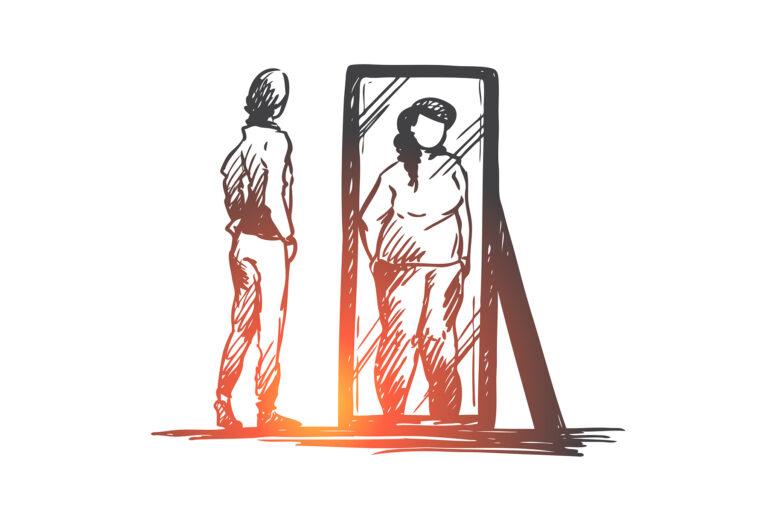The Bridge Marbella is a residential rehabilitation centre which offers a safe place for people who want to break the destructive cycle of addiction to drugs and alcohol. We use a range of techniques and therapies to get to the root of the problem, always aiming for a long-term solution.
Underpinning all of the techniques we use, from 12-Step meetings to therapy, is our belief that abstinence is crucial to recovery for alcoholics. This is because alcoholics cannot simply have one drink. Unlike a “normal” drinker, who can have half a glass, or decide not to drink when they go out, this is not possible for an alcoholic.
The founders of AA, who hold abstinence as one of their main tenants, suggest that attempting to moderate your drinking is a good way to test whether you really have a problem with alcohol or not. In their view, drinkers that are able to cut back without abstaining are not alcoholics because they haven’t become powerless over alcohol. If, however, you are unable to cut back and control your drinking, then you need to accept that you are dependent on alcohol and you need a more clear-cut approach and should aim for abstinence.
As our co-founder Howard Silver explains in West London Living, “There is no one-size fits all when it comes to any addiction and recovery, but one thing is for sure, you need to stay abstinent. If we stop drinking and using, we have choices. If we have choices and continue to ask for help, we can make good decisions for ourselves and those we love. The obsession with any addiction is all-consuming. Once the fog begins to lift, we introduce our clients to the therapy which is right for them, enabling to them to re-enter society. Where possible, we also work closely with family members who are often intrinsically linked to an addicts’ condition and mental strength.”
Although many alcoholics would love to be able to continue to enjoy alcohol in moderation, research clearly shows that moderation is unlikely to be successful for patients who already meet criteria for dependence. Harvard Health reported on a study which followed the long-term outcome of drinkers who underwent therapy to instil moderate drinking behaviour. It revealed that as severity of dependence increases, likelihood of patients’ being able to reduce their drinking to moderate levels, and keep it there, goes down dramatically. The study concluded that for the most dependent drinkers, abstinence may be the only option.
There are other reasons why we advise abstinence on grounds of the health and wellbeing of our patients. If you have an alcohol use disorder and try to moderate, you may experience withdrawal symptoms and may not be able to predict or control how much alcohol you’ll consume once you start. Moderation is also not an option for those people whose health has been compromised through drinking, causing liver problems for example. In these cases, even moderate drinking can be life-threatening.
Another reason why we are committed to teaching abstinence to our patients in rehab and beyond is because it is actually easier to follow than moderation. That’s because abstinence is absolute and you can’t set and move the goal posts for a special event or even a stressful situation.
Of course, abstinence requires a lot of willpower, but your therapists, your sober companions or your 12-Step group and loved ones will help support you through it and offer you coping mechanisms. Once new habits have been formed and coping mechanisms are in place then they don’t take much effort to maintain, as they are a routine.
However, with the principle of moderation, it isn’t so clear cut. You set your limits and don’t necessarily admit you have a problem, so you don’t set up your support network in the same way. As the limits are self-imposed and often ambiguous it’s much easier to slip, often without noticing it and can justify destructive and potentially dangerous behaviour. Our aim at The Bridge is to help and enable our patients to living happy, healthy and full lives without alcohol or drugs. We passionately believe that abstinence is the only way for alcoholics to achieve recovery, but this does not mean that they can’t socialise or enjoy their lives. Rather than try to moderate and keep failing, choose to make a definitive change and a total break from alcohol and seek the support you need to make abstinence a part of your life.




